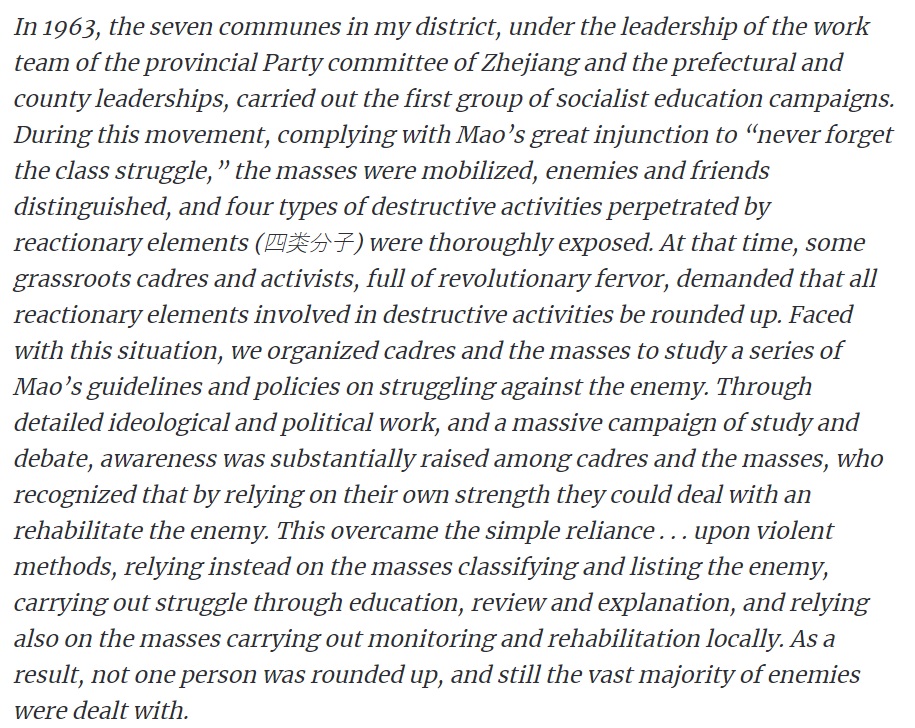@[email protected] apparently China just (not just , like 3 days ago) deployed 2x 815A electronic surveillance ships to the Persian Gulf which are some of their most modern platforms. They claimed its for antipiracy patrols but come on lol. So ,any thoughts on implications. Would it be just to pick up and collect data from f-35s and B2 deployments ? What intelligence/data sharing they could provide to iran, in real time or not, that can make a differenece defensively and offensively given whatever the capabilities iran still has. help with shot downs, ship targeting , early warning idk. Any change in movements and deployments they may force the US to do just by being there and the threat of the above?
A cope sci-fi scenario would be that China could position some j20 in bvr range or some AD battery hidden and actualy shot down a f35 or more so likely the bomber especially since the latter would have a predictable path to the nuclear site. Would the US missions even have awacs support themselves or would they be going in blind like Israel since Iran is a non threat for these platforms? Retrieving some wreckage would be very valuable for China tbh. Like if they shot smth down over iran how could the US even prove it? Iran would claim shotdown and the US would look like moron losers if they claimed china helped. Wont happen but its fun to imagine





If this community actualy thought that China's only chance of saving themselves from western domination is becoming an active party in the Iran-Israel-US war (spoiler alert, Iran didnt even ask them to or ever did anything to create that contigency) then maybe we shouldnt get our money up, we dont deserve any Ws associated with us and should instead focus on groupwatches of China clickbait youtube videos and group reads of non communist geopolitical expert subtracks with readership of 500 people. Because apparently thats the level of understanding of China, the world economy and relevant trajectories we are capable of